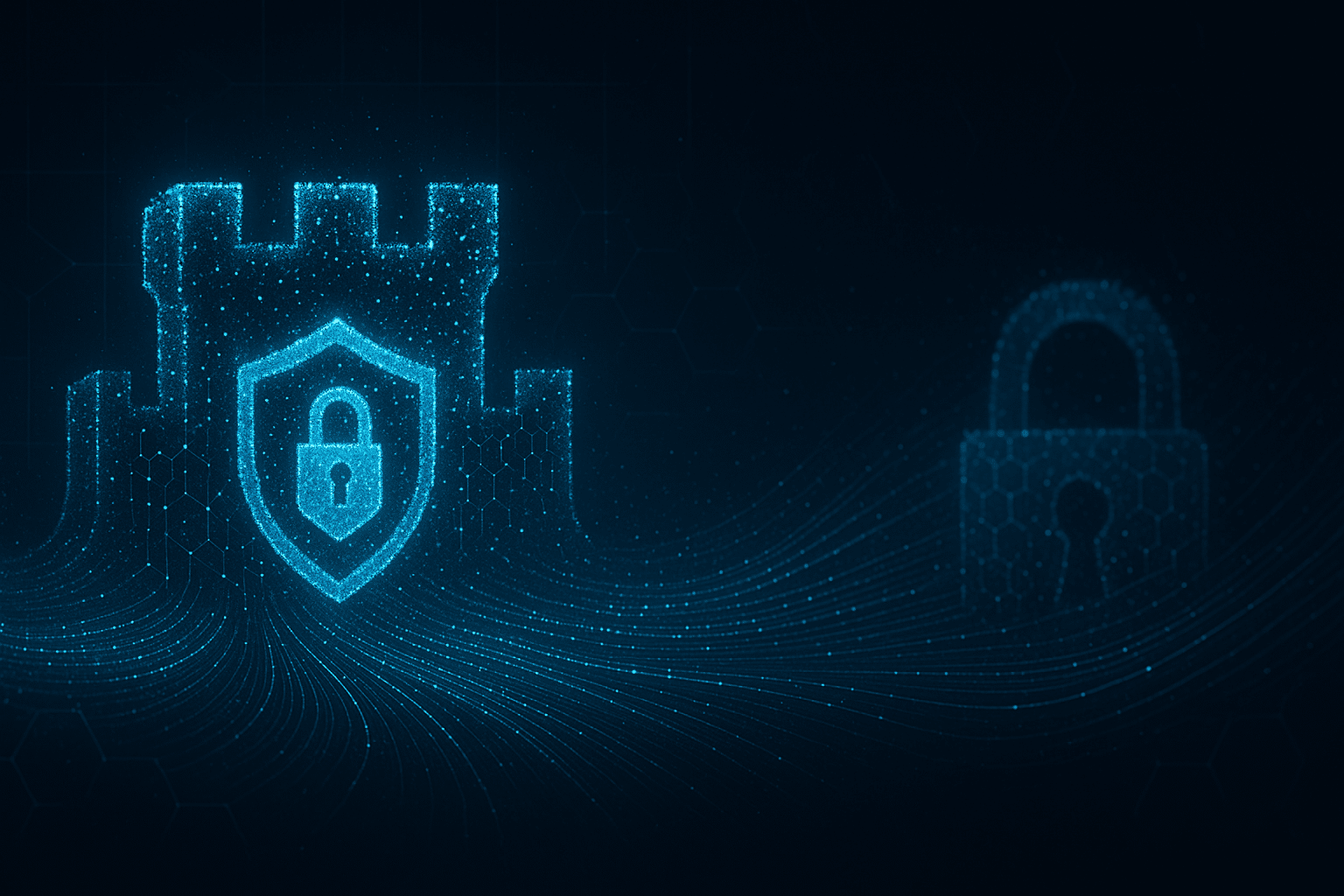Healthcare’s Security Crisis Demands Specialized Expertise
Healthcare organizations face three times more cyberattacks than other industries, with ransomware incidents increasing 45% year over year. The average healthcare breach now costs $10.93 million—the highest of any sector for the fourteenth consecutive year. In 2024 alone, 733 breaches exposed over 140 million patient records.
These aren’t just statistics. They represent chemotherapy delayed when systems go down, emergency surgeries postponed during ransomware attacks, and patient trust eroded when personal health information appears on the dark web. The Change Healthcare attack in 2024 disrupted pharmacy operations nationwide for weeks. The CommonSpirit Health ransomware incident forced providers back to paper charts across 140 hospitals.
The threat landscape has fundamentally evolved. Attackers no longer just encrypt data—they exfiltrate it first, threatening public release unless paid. Nation-state actors target research hospitals for intellectual property. Supply chain compromises affect hundreds of organizations through single vendor breaches. Meanwhile, the attack surface expands exponentially as medical devices connect to networks, telehealth platforms proliferate, and remote patient monitoring integration expands data exposure across settings.
Traditional perimeter-based security no longer works when there is no perimeter. Physicians access systems from home. Patients connect through mobile apps. Medical devices transmit to cloud platforms. Third-party vendors require deep access. This reality demands Zero Trust architecture—but implementing it in healthcare’s complex environment requires consultants who understand both advanced security frameworks and clinical operations. This evolving landscape demands not only advanced cybersecurity practices, but seamless integration with broader healthcare AI implementation services to ensure scalability, compliance, and patient safety.

